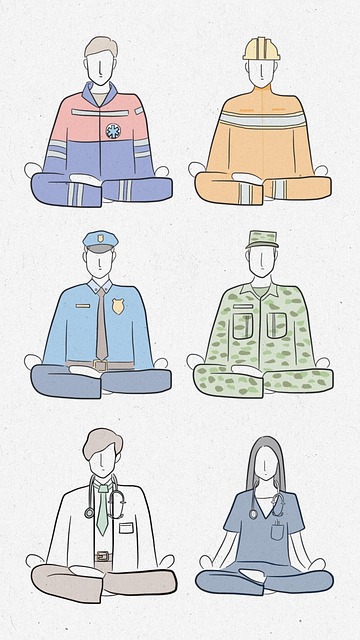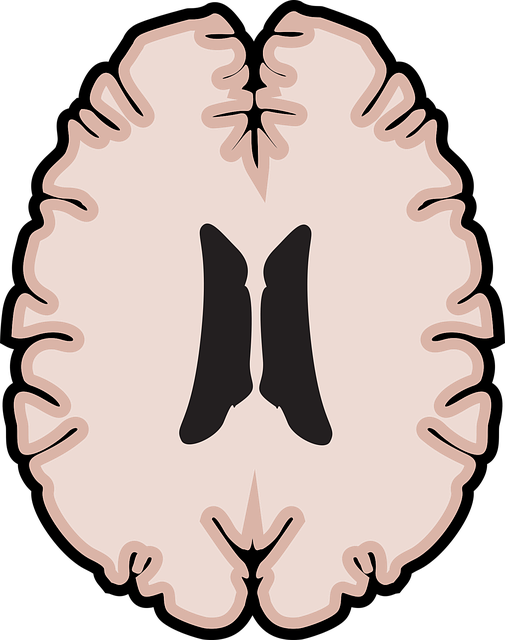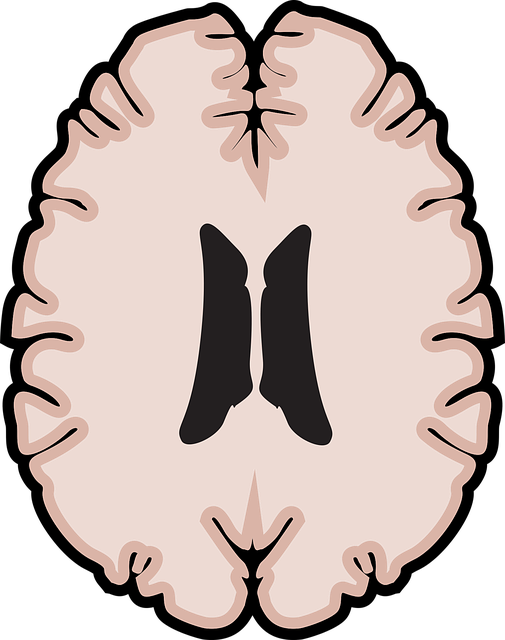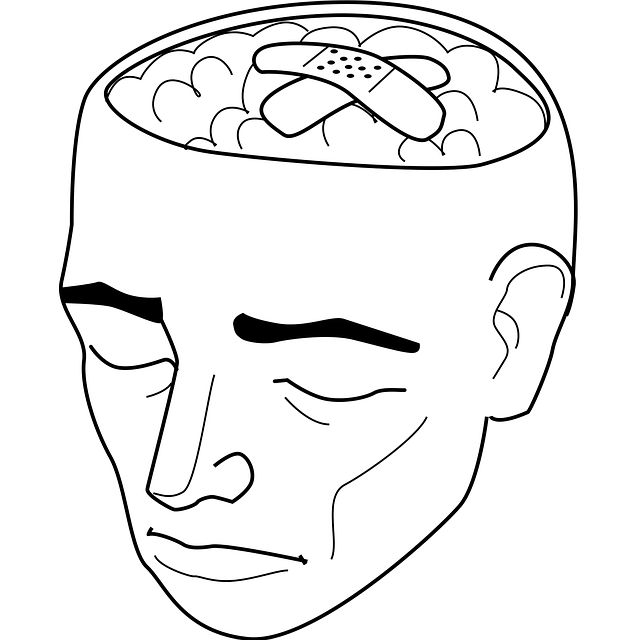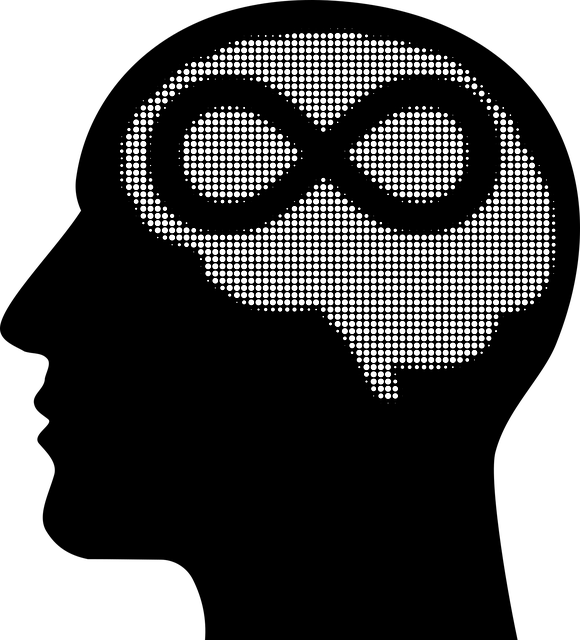Boulder Adjustment Disorder Therapy (BADT) is a holistic approach integrating Resilience, Flexibility, and Mastery (RFM) principles to enhance emotional well-being. Through mindfulness practices, effective communication strategies, and social skills training, individuals gain emotional intelligence, improved problem-solving abilities, and flexible thinking patterns. BADT focuses on identifying and processing emotions, building empathy, and understanding the frequency and meaning behind emotional responses to develop sustainable coping mechanisms. By incorporating structured self-care routines, this therapy empowers people to navigate life's challenges with greater ease, fostering profound well-being and personal growth.
Resilience is a crucial asset in navigating life’s challenges, making it an essential focus for mental well-being. This article explores the power of RFM (Resilience, Flexibility, and Mastery), a holistic approach to building strength against adversity. We delve into how understanding Boulder Adjustment Disorder Therapy, which incorporates RFM, can revolutionize coping mechanisms. By examining these exercises, readers will gain insights into fostering a resilient mindset, enabling them to embrace changes with greater ease.
- Understanding RFM and Its Role in Resilience Building
- Exercises to Enhance Resilient Mindset and Coping Mechanisms
- Boulder Adjustment Disorder Therapy: Integrating RFM for Holistic Healing
Understanding RFM and Its Role in Resilience Building

Resilience is a critical component of mental well-being, enabling individuals to navigate life’s challenges and adapt to change. RFM (Resilience, Flexibility, and Mastery) therapy offers a structured framework for cultivating this resilience. This approach recognizes that building emotional intelligence and social skills is essential for developing a robust mental defense mechanism against adversities. By focusing on these areas, RFM therapy helps individuals gain a deeper understanding of their emotions, enhance their cultural sensitivity in mental healthcare practice, and improve problem-solving abilities, ultimately empowering them to cope effectively with stress, anxiety, or even post-traumatic stress disorders like Boulder Adjustment Disorder.
Furthermore, the RFM model encourages clients to adopt flexible thinking patterns, enabling them to adapt to changing circumstances and view challenges as opportunities for growth. This proactive mindset is enhanced through various exercises designed to promote self-awareness, emotional regulation, and effective communication—skills that are vital in both personal and professional settings. Incorporating Social Skills Training into the therapy process ensures individuals develop interpersonal competencies, fostering stronger connections and support systems, which are integral to building resilience over time.
Exercises to Enhance Resilient Mindset and Coping Mechanisms

Building resilience is an essential aspect of mental well-being, especially for individuals dealing with challenges like Boulder Adjustment Disorder Therapy (BAT). Exercises designed to enhance resilient mindset and coping mechanisms can significantly help in managing stress, anxiety, and depression. One effective strategy is practicing mindfulness, which involves focusing on the present moment without judgment. This simple yet powerful tool enables individuals to acknowledge their emotions, accept them, and then make conscious choices about how to respond, thereby fostering a sense of control.
Additionally, communication strategies play a vital role in resilience building. Encouraging open and honest dialogue allows people to express their feelings and seek support from friends, family, or professionals. Empathy-building strategies, such as active listening and perspective-taking, help in strengthening relationships and creating a supportive network. By incorporating these techniques into daily life, individuals can develop robust coping mechanisms that promote mental resilience and prevent depression.
Boulder Adjustment Disorder Therapy: Integrating RFM for Holistic Healing

Boulder Adjustment Disorder Therapy (BADT) is a revolutionary approach that seamlessly integrates Recognition, Frequency, and Meaning (RFM) principles for holistic healing. This therapy aims to address the root causes of emotional distress by fostering self-care routine development for better mental health. Through structured exercises, individuals learn to identify and process their emotions more effectively, leading to enhanced emotional intelligence and increased resilience.
BADT encourages empathy building strategies by promoting understanding and connection between individuals. By focusing on the frequency and meaning behind emotional responses, this therapy helps people develop coping mechanisms that are both sustainable and compassionate. Ultimately, Boulder Adjustment Disorder Therapy empowers individuals to navigate life’s challenges with greater ease, fostering a profound sense of well-being and personal growth.
In conclusion, integrating RFM into resilience-building exercises offers a powerful approach to enhancing mental well-being, especially in managing conditions like Boulder Adjustment Disorder. By understanding the core principles of RFM and employing specific exercises, individuals can develop a stronger resilient mindset, improve coping strategies, and facilitate holistic healing. This comprehensive strategy ensures that people equipped with RFM techniques are better prepared to navigate life’s challenges, fostering adaptability and emotional resilience.

